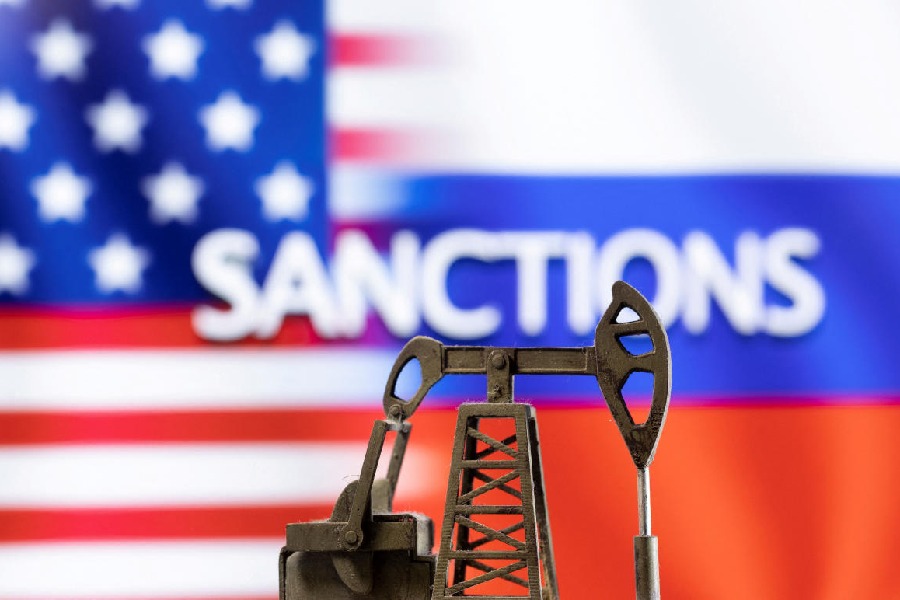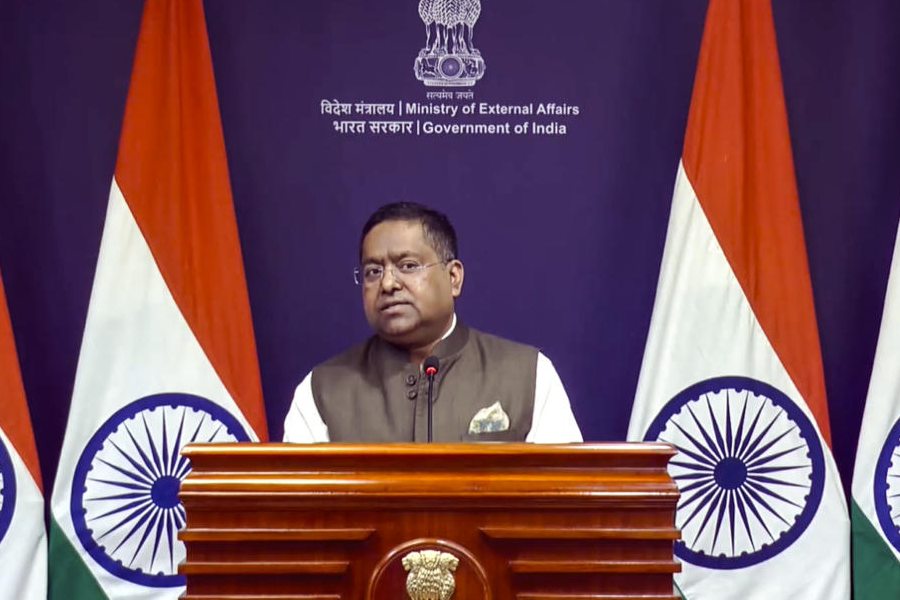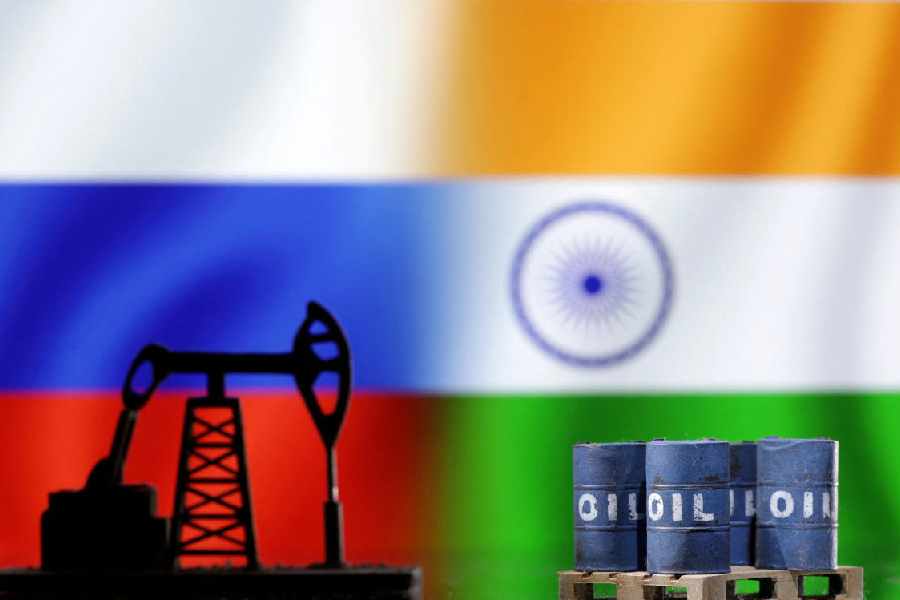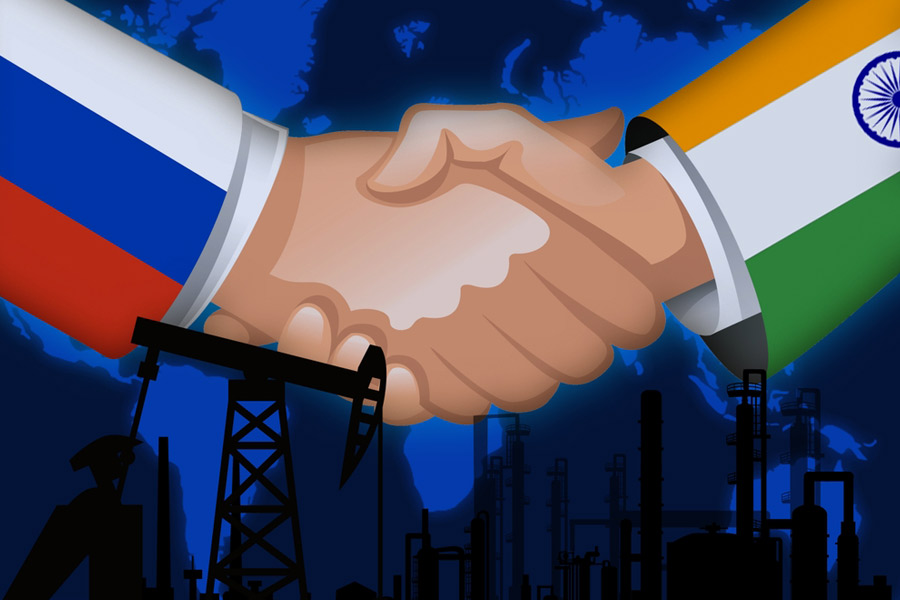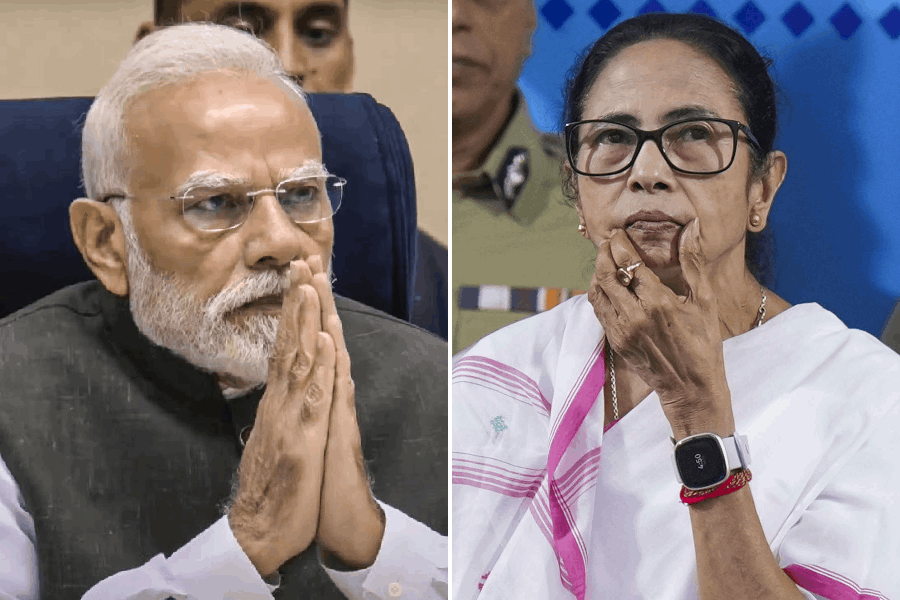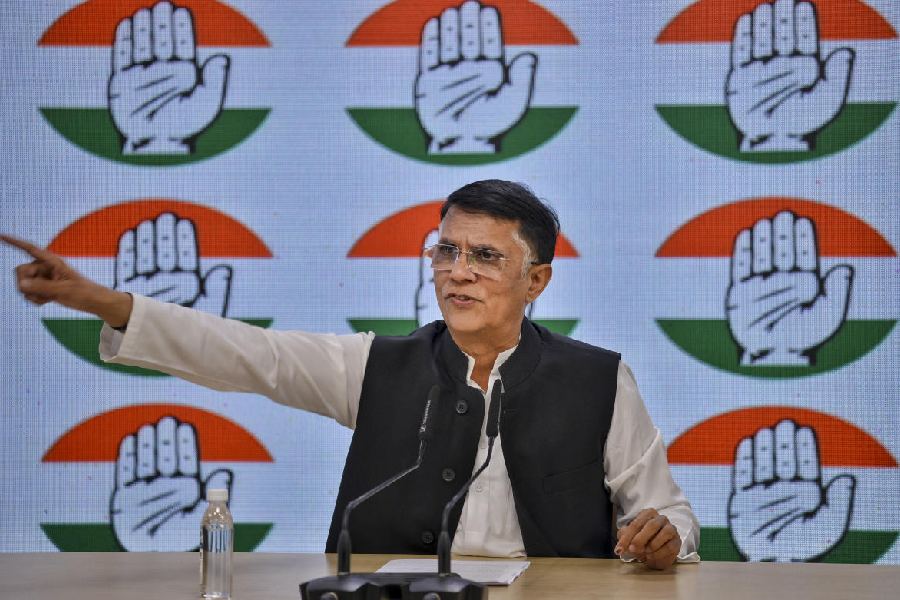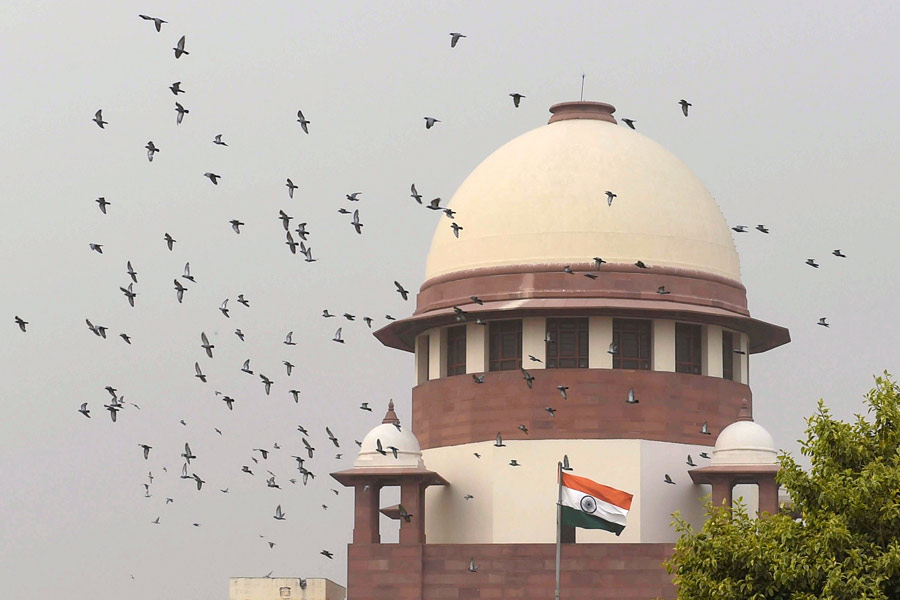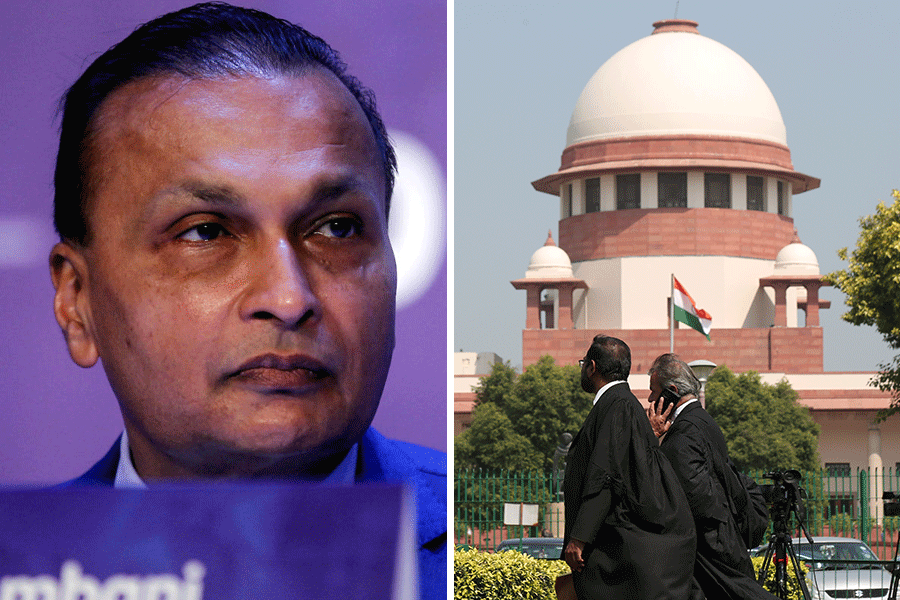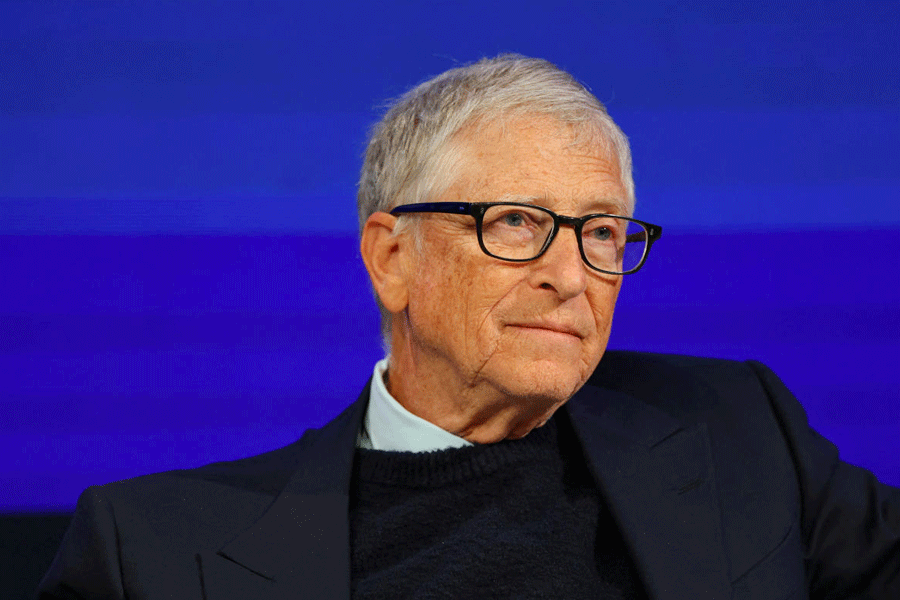Western powers are stepping up pressure on Russia’s oil sales amid the ongoing war in Ukraine.
US President Donald Trump said India would stop buying Russian crude, while the UK imposed sanctions on top Russian oil firms and related Chinese entities.
Indian officials are in Washington for trade talks, with the U.S. having doubled tariffs on Indian goods. U.S. negotiators indicated that curbing Russian oil imports would be key to sealing a trade deal.
Indian refiners are preparing to shift away from Russian oil, with purchases possibly dropping from December, although no formal instructions have been issued. India and China are the largest buyers of discounted Russian crude after Moscow lost European customers following its 2022 invasion of Ukraine, Reuters reported, quoting sources.
Trump said, “I was not happy that India was buying oil, and [Modi] assured me they will not be buying oil from Russia. That’s a big step. Now we’re going to get China to do the same thing.”
India confirmed discussions on deeper energy cooperation with the U.S. but said it was unaware of any phone call between Modi and Trump.
Oil prices were stable on Thursday, with traders noting that reducing Russian imports would take time. Trade data shows Russia accounts for 36 per cent of India’s oil imports—about 1.75 million barrels per day.
Imports are expected to rise in October after Russia boosted exports following Ukrainian drone attacks on its refineries.
In the UK, sanctions were imposed on Russian firms Lukoil and Rosneft, Chinese refiner Shandong Yulong Petrochemical, and port operators Shandong Jingang Port, Shandong Baogang International, and Shandong Haixin Port. Additional measures target 51 ships, including seven LNG tankers, China’s Beihai LNG Terminal, and Nayara, a Russian-owned refinery in Mumbai.
Nayara, controlled by Rosneft, has already been sanctioned by the European Union and is scrambling to maintain operations. Yulong Petrochemical, a joint venture between private Nanshan Group and provincial government-backed Shandong Energy Group, has a capacity of 400,000 barrels per day and is a major Russian oil buyer.
Requests for comment to Nayara, Yulong Petrochemical, Rosneft, and Lukoil went unanswered. China’s foreign ministry condemned the UK sanctions as unilateral, lacking an international legal basis, and lodged a stern protest.
Russia’s embassy in London said the sanctions would destabilise markets, push up costs for British consumers, and would not affect Russian foreign policy.
Ukrainian President Volodymyr Zelenskiy is scheduled to meet Trump in Washington on Friday to seek military and energy support as Kyiv and Moscow escalate attacks on energy infrastructure.
Trump said on Thursday that he would meet with Russian President Vladimir Putin in Budapest, Hungary, to discuss ending the war in Ukraine after a productive conversation.
No date for the meeting was provided, but Trump said in a social media post he believed "great progress was made with today’s telephone conversation."
Since Trump’s summit with Vladimir Putin in August failed to produce a breakthrough over Ukraine, Kyiv has intensified drone strikes on Russian oil refineries, while Russian attacks have caused widespread power outages across Ukraine.
Putin said at an energy conference that Russian oil output would drop only slightly this year, and Deputy Prime Minister Alexander Novak affirmed ongoing Russian-Indian energy cooperation.
(With inputs from agencies)

